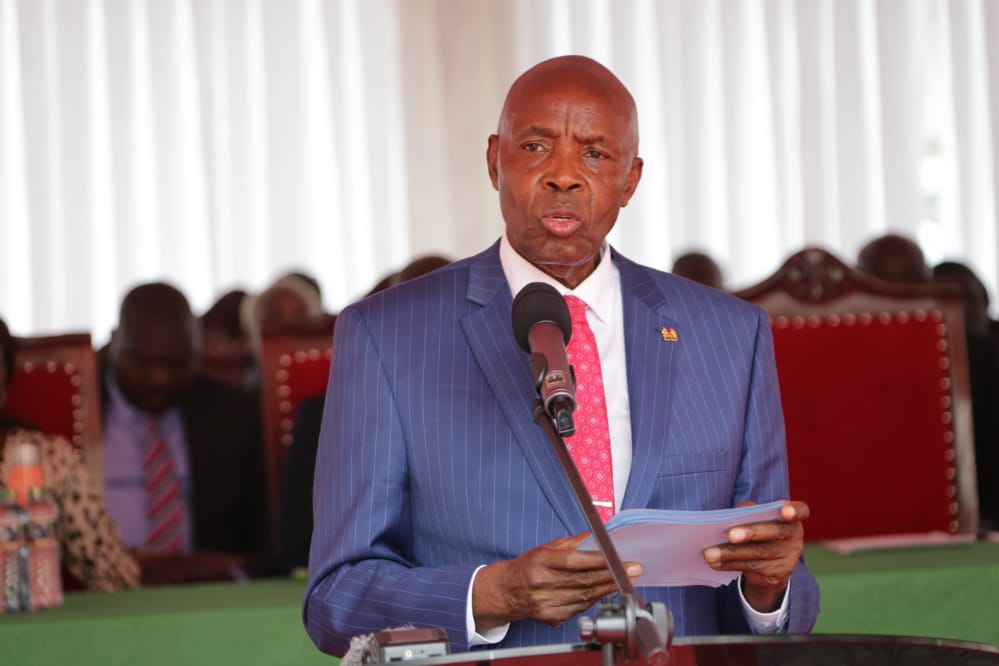Grade Six KPSEA assessment reports ready today

Grade Six Kenya Primary School Education Assessment (KPSEA) reports will be available online starting today. The Kenya National Examination Council (Knec) chief executive officer (CEO) David Njengere said learners would get individual reports indicating their performance levels.
The report will be accessible online to schools and will guide teachers on strands that require intervention in teaching and learning.
“Learners will get individual reports that will indicate their performance levels in specific subjects/strands, including the acquisition of values and core competencies and performance level in specific subjects. These reports will be available by January 16,” said Njengere during the release of 2022 Kenya Certificate of Primary Education (KCPE) exams.
He said the council would report on KPSEA at three levels — namely individual learner for the summative assessment, school specific as well as a national report on school-based and summative assessments.
“Following recommendations by the Presidential Working Party on Education Reforms, and the President’s directive on domiciling of Junior Secondary School (JSS), and the fact that KPSEA will not be used for placement of learners but for monitoring their progress, KNEC will report on KPSEA on three levels,” he said.
Njengere added that the national report will be used to provide feedback to education stakeholders on areas that require intervention.
Give recommendations
The report will indicate the proportion of learners at each of the performance levels per subject and strand, and give specific recommendations to teachers, Kenya Institute of Curriculum Development (KICD), Teachers Service Commission (TSC), Ministry of Education and parents and guardians.
He said there will also be a report on individual schools.
The Grade Six learners are expected to report back to school for the 2023 academic calendar on January 30.
The first Grade Six national assessment was done alongside the KCPE examination. It was expected to account for 40 per cent of the candidate’s final mark, while the remaining 60 per cent was to come from classroom teachers’ scores drawn from the school-based assessments in Grade Four, Five and Six.
But this has changed, owing to recommendations of the Presidential Working Party, which domiciled JSS in primary schools.












